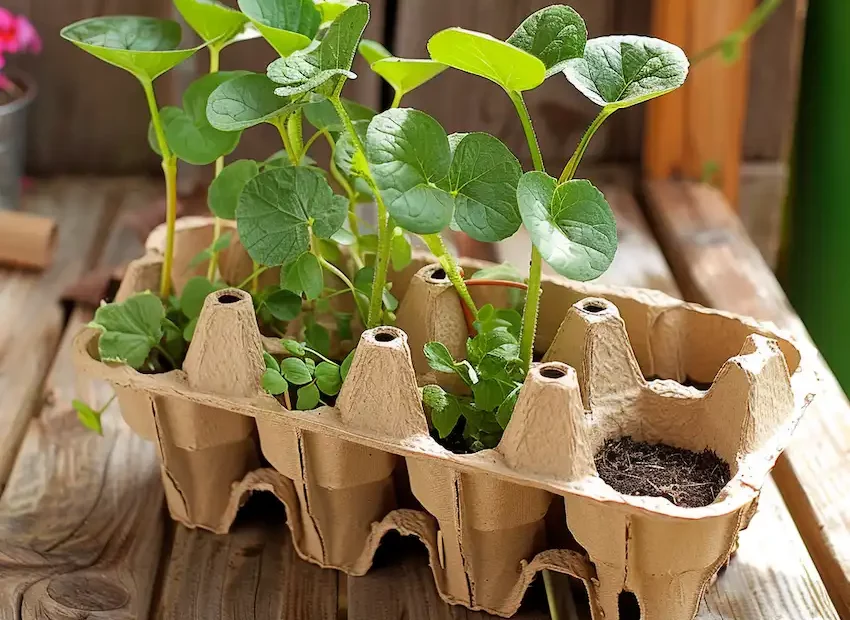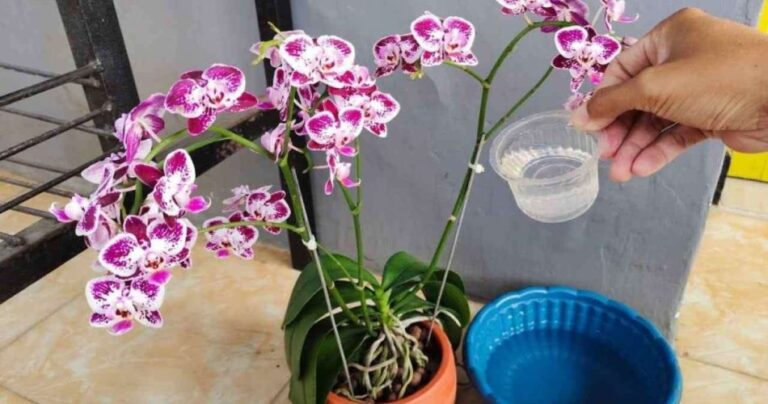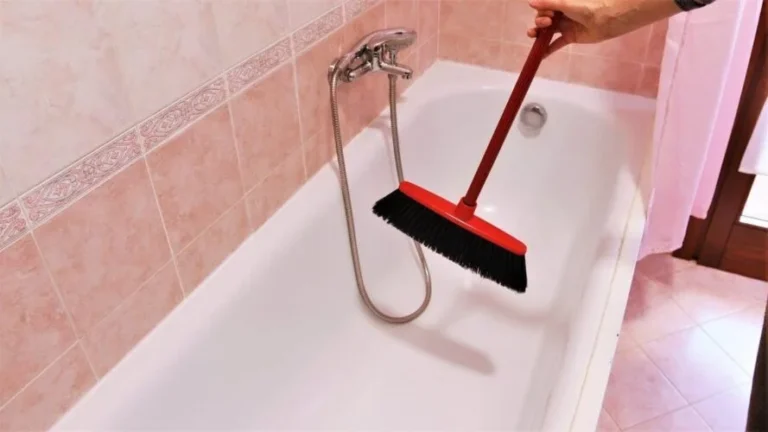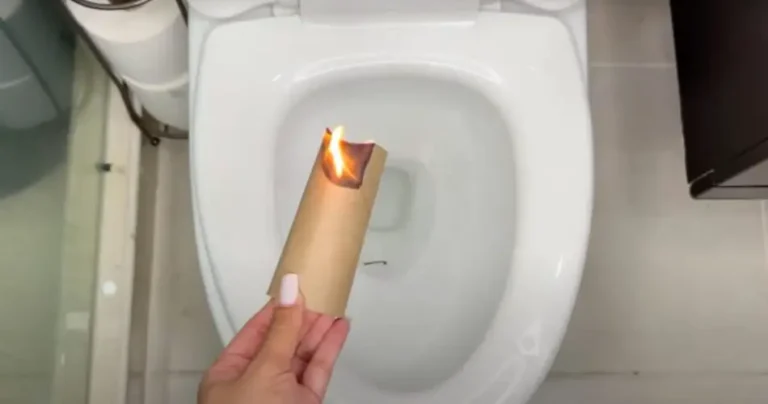Grow Your Own Vegetables: Eco-Friendly Gardening with Egg Cartons and Recycled Bags
Starting your own vegetable garden from seeds is a rewarding endeavor that can produce fresh produce straight from your garden or balcony. Using egg cartons and recycled bread bags in this process not only saves money but also contributes to more sustainable gardening practices. This guide will walk you through the steps to start a thriving vegetable garden from seeds using these everyday items.
Step 1: Gather your materials
- Egg Cartons: Empty egg cartons, preferably made of cardboard, that serve as biodegradable seed starting trays.
- Recycled Bread Bags: Clean, empty bread bags that can be used as mini greenhouses to maintain humidity.
- Seeds: Choose a variety of vegetable seeds based on your tastes and season.
- Soil: Seed starting mix or a homemade mix of peat, vermiculite and compost.
- Water: A spray bottle or watering can with a fine nozzle to gently water the seeds without crowding them.
- Labels: Something to label your egg cartons, like sticks or small pieces of paper, to keep track of what you’ve planted.
Step 2: Prepare the egg cartons
- Soil Prep: Fill each compartment of the egg carton with your seed starting mix, leaving about half an inch of space at the top.
- Sowing seeds: Follow the instructions on your seed packets for depth and spacing. Plant 2-3 seeds in each compartment to ensure germination.
- Watering: Water the soil gently with a spray bottle, making sure it is moist but not soggy.
Step 3: Create a Mini Greenhouse
- Cover: Once you’ve sown your seeds, place the entire egg carton in a recycled bread bag. This creates a mini greenhouse effect that stores moisture and heat and thus supports germination.
- Ventilation: Make a few small holes in the bread bag to allow air to circulate. This step is crucial to prevent mold growth.
Step 4: Germination
- Placement: Place your mini greenhouses in a warm, bright location, but not in direct sunlight as this can overheat your seeds.
- Monitoring: Check your seeds daily for moisture content and water if necessary. Watch for germination, which typically occurs within 1-2 weeks depending on the type of vegetable.
Step 5: Seedling Care
- Thinning: Once seedlings emerge, thin them by removing the weaker seedlings and leaving the strongest ones in each compartment. This ensures that the remaining seedling has enough space and resources to grow.
- Transplanting: When your seedlings have developed their second set of true leaves and are robust enough, they can be transplanted into larger pots or directly into your garden. If you use cardboard egg cartons, you can cut out the compartments and plant them directly in the ground. The cardboard decomposes naturally.
Step 6: Acclimatization
- Hardening off: Before transplanting outdoors, acclimate your seedlings by gradually exposing them to outdoor conditions. Start with one hour per day and increase the time over a week to avoid shock.
Step 7: Transplanting and Ongoing Care
- Transplanting: Choose a cloudy day or late afternoon to transplant to minimize stress. Carefully remove the seedlings from the egg cartons, being careful not to damage the roots, and plant them in designated spots in your garden or in larger containers.
- Watering: Water your transplanted seedlings thoroughly after planting and continue with regular watering.
- Maintenance: Monitor your plants for pests and diseases. Use organic methods to overcome problems.
Starting a vegetable garden from seeds using egg cartons and recycled bread bags is a great way to start a sustainable gardening journey. It’s an approach that not only reduces waste, but also provides the satisfaction of growing your own food from scratch. With patience and care, you’ll soon be enjoying the fruits (and vegetables) of your labor, fresh from your garden to your table.
Inspired by that? Share the article with your friends!





